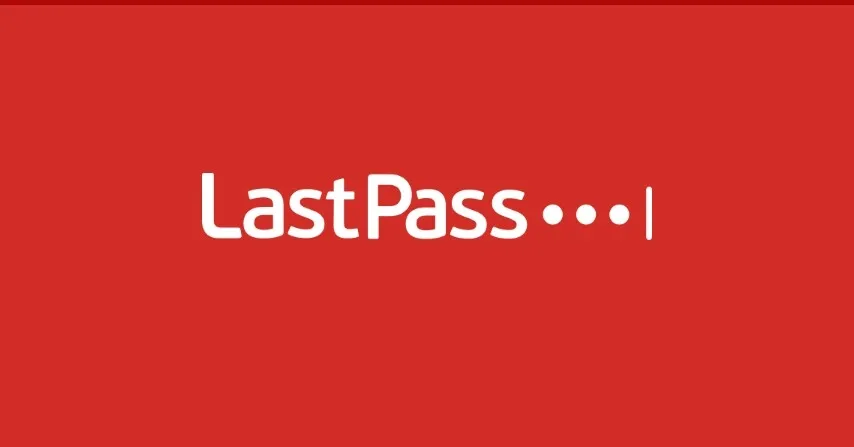Lastpass: Hackers Stole Customer Vault Data in Cloud Storage Breach - Data Vulnerable to Master Password Bruteforce - Sensitive Customer Info Also Taken
Customer account information and related metadata including company names, end-user names, billing addresses, email addresses, telephone numbers, and IP addresses were also compromised.

- We have determined that once the cloud storage access key and dual storage container decryption keys were obtained, the threat actor copied information from backup that contained basic customer account information and related metadata including company names, end-user names, billing addresses, email addresses, telephone numbers, and the IP addresses from which customers were accessing the LastPass service.
- The threat actor was also able to copy a backup of customer vault data from the encrypted storage container which is stored in a proprietary binary format that contains both unencrypted data, such as website URLs, as well as fully-encrypted sensitive fields such as website usernames and passwords, secure notes, and form-filled data.
- These encrypted fields remain secured with 256-bit AES encryption and can only be decrypted with a unique encryption key derived from each user’s master password using our Zero Knowledge architecture.
- The master password is never known to LastPass and is not stored or maintained by LastPass.
- The threat actor may attempt to use brute force to guess your master password and decrypt the copies of vault data they took. Weak master passwords are at risk.
- The threat actor may also target customers with phishing attacks, credential stuffing, or other brute force attacks against online accounts associated with your LastPass vault. In order to protect yourself against social engineering or phishing attacks, it is important to know that LastPass will never call, email, or text you and ask you to click on a link to verify your personal information. Other than when signing into your vault from a LastPass client, LastPass will never ask you for your master password.
Operate under the assumption that all data hosted on LastPass was compromised. Change your passwords. Use self hosted alternatives going forward: bitwarden, keepass, or a paper notebook.




